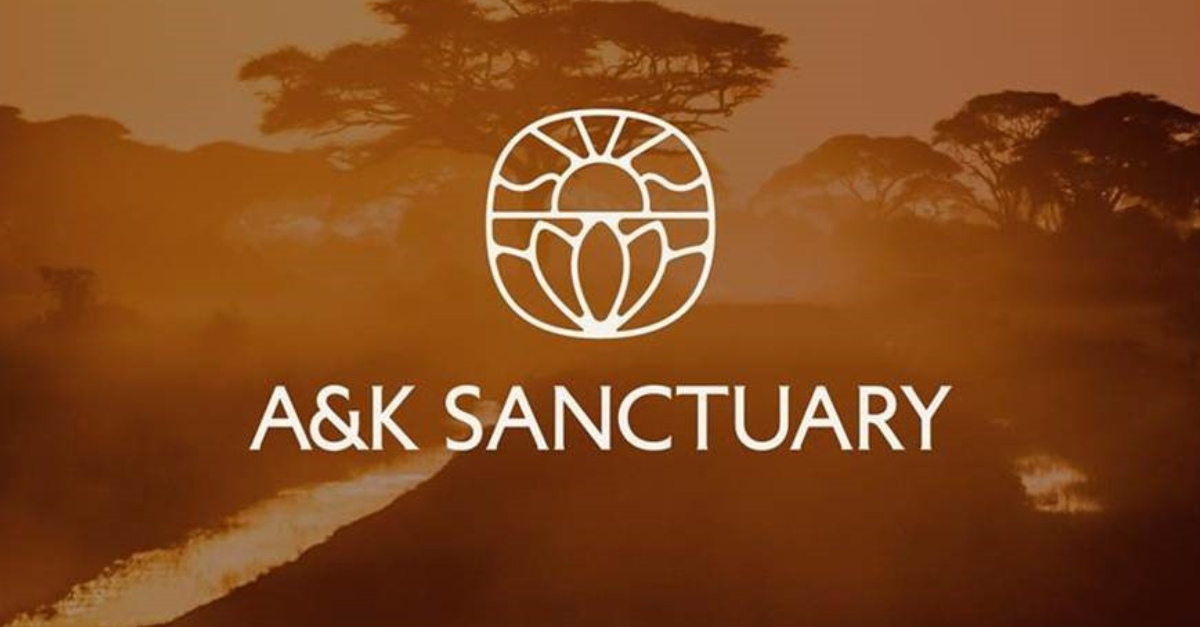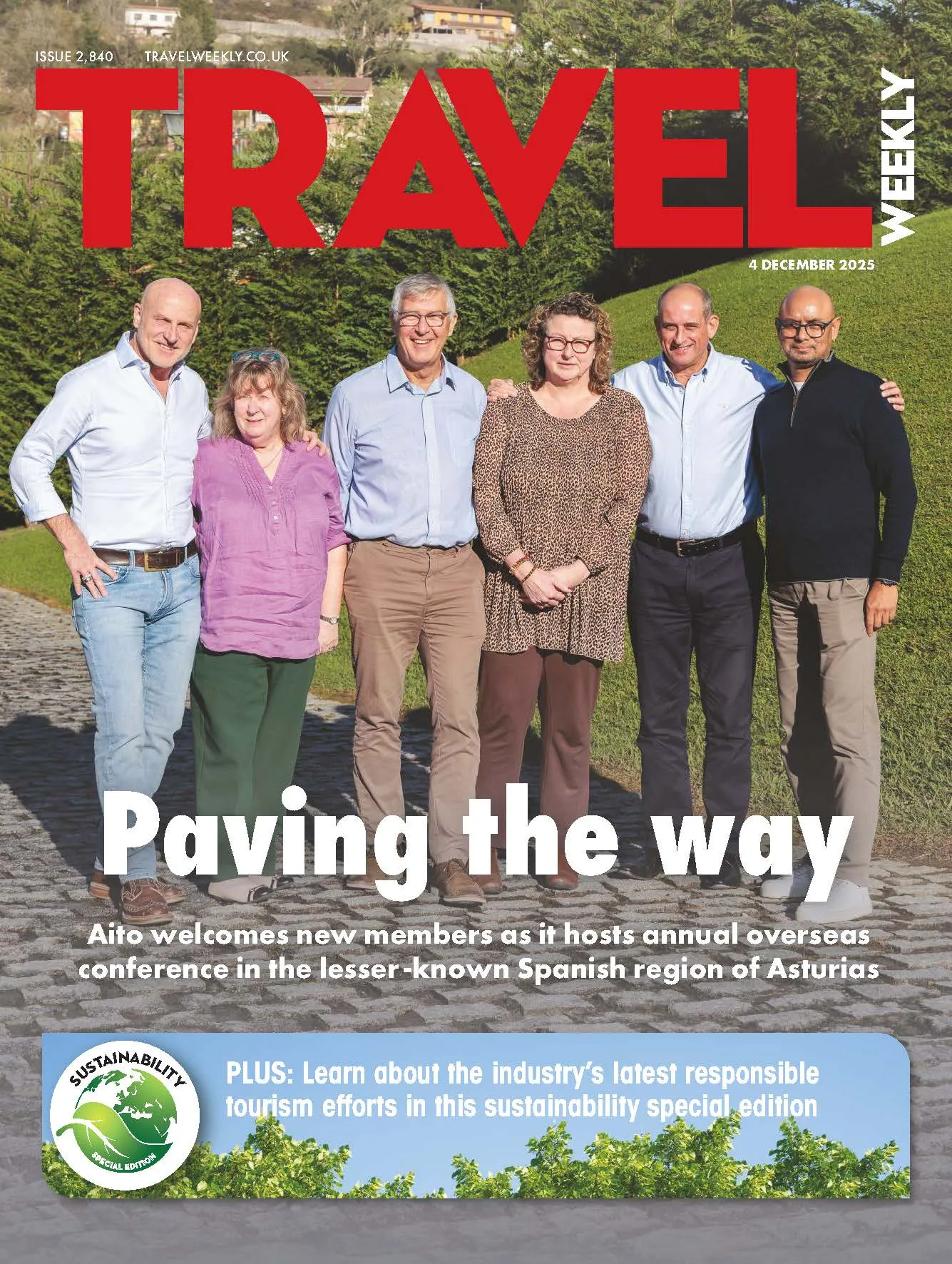You are viewing 1 of your 2 free articles
Poor labour conditions ‘impeding sustainability efforts in travel and tourism’
Poor labour conditions are impeding sustainability efforts in in travel and tourism, damaging recruitment and heightening risks for businesses.
That is according to a report issued this week on social sustainability, labour and human rights in the industry, entitled ‘Why the S in ESG Matters’.
Lead author Dr Anke Winchenbach of the University of Surrey explained: “Tourism is a global driver for employment, but poor labour conditions are impeding the workforce and travel and tourism’s social sustainability.”
Speaking at the report’s launch, Winchenbach noted: “A chronic labour shortage is currently one of the industry’s main concerns. We need to change something to tackle that, [and] environmental, social and governance (ESG) regulations make it even more important.”
She highlighted “a big gap between good intentions and what the industry is doing” and said: “Our research confirms there is a lack of data [and] limited reporting on social sustainability.”
The report, based on interviews with industry representatives, trade unions, investors and consultants, includes assessments of social sustainability frameworks, case studies and recommended actions.
Winchenbach said: “We outline a range of social risks on employment conditions. The lack of accountability up and down the supply chain is a big issue. Equality, diversity and inclusion is a big topic, and there is a fragile environment for migrant workers, youth and women workers.”
She noted: “There is a lack of harmonisation between ESG frameworks. People feel they don’t have the training and knowledge to implement social sustainability. There are limited studies of good examples, and a lack of rigour in auditing.”
Winchenbach said: “We make a strong business case because investors scrutinise organisations’ sustainability credentials, and businesses need to attract talent. Increasingly customers are also more aware of issues, including in the supply chain, and there is legal compliance and risk.”
But Winchenbach noted: “This is work that no individual business can do alone. Only collective and collaborative action will get results.”
The report was commissioned by the International Transport Workers’ Federation, whose assistant general secretary Rob Johnston said: “We understand the industry needs to be profitable, but we also believe the industry can be in jeopardy unless it tackles these issues.”


















